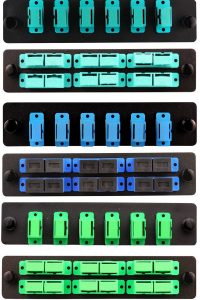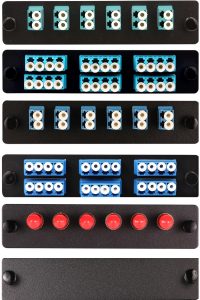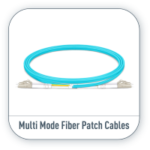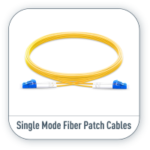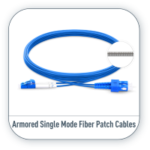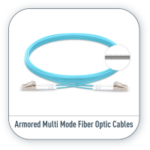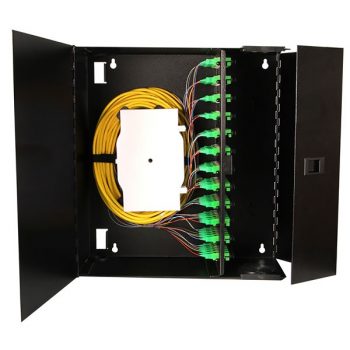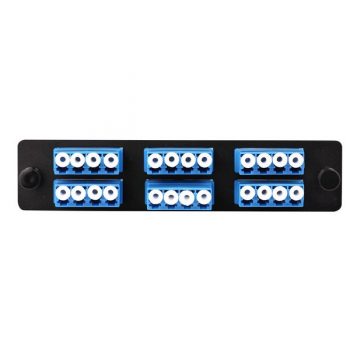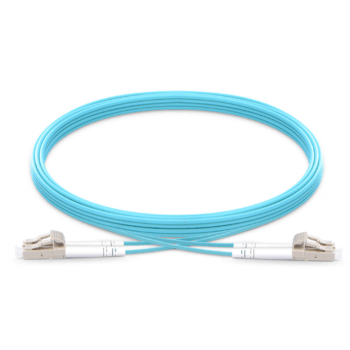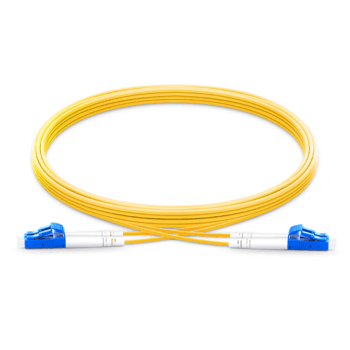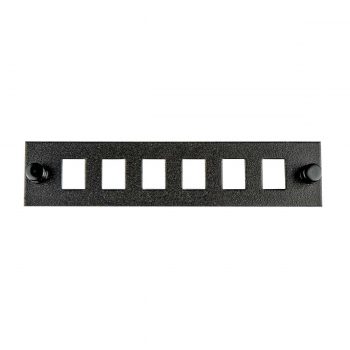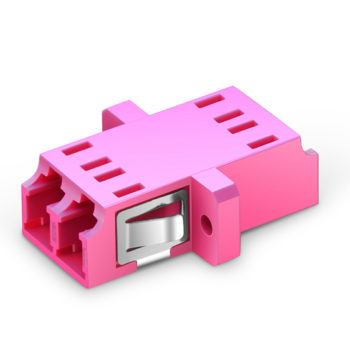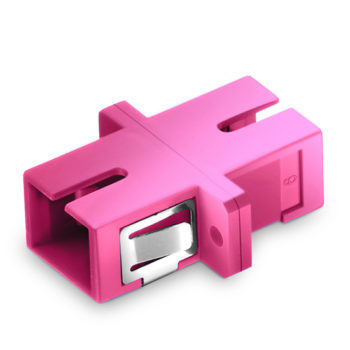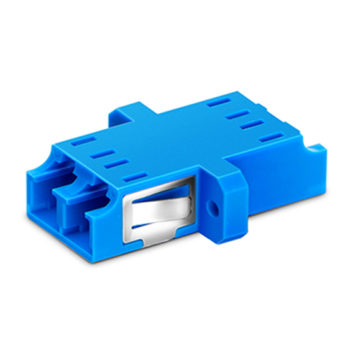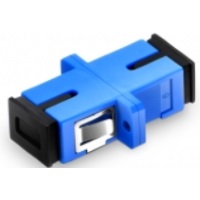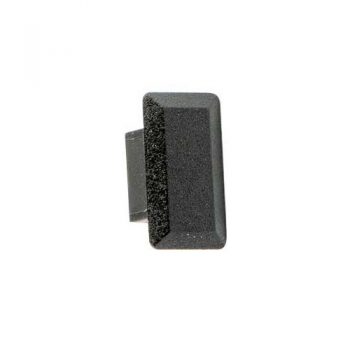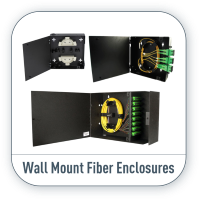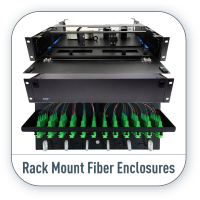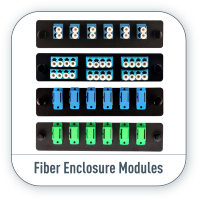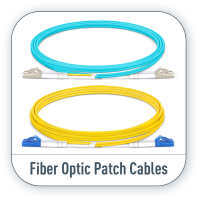Fiber Connectivity Using Rack Mount and Wall Mount Enclosures
As you learn more and more about how fiber can transform the way you design systems, as with copper – you’ll find yourself mananging a lot of fiber runs. Here are several options on how to approach fiber management and distribution.
Unlike twisted pair copper (CAT6, CAT6A, etc.) fiber optic cable terminations are smaller and have a higher-density (more connectors in a smaller space). Also, instead of attaching one connector per cable, micro-distribution fiber can have 2, 4, 6, 12, 24, up to 114 strands in the same cable jacket.
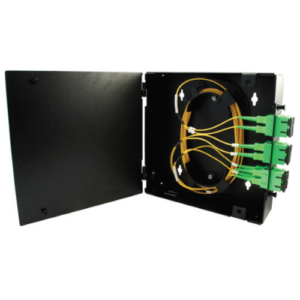
Wall Mount Enclsoure
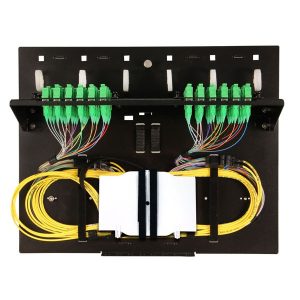
Rack Mount Enclosure
Design Notes
There are four steps to determining the size enclosure you’ll need:
-
-
Determine the number of fiber strands coming in to the enclosure.
-
Determinte the connector type each strand will have connected to it
-
Chose the appropriate fiber termination modules you will need.
-
Each Wall Mount and Rack Mount Enclosure can accomdate from (1) to (12) Fiber Adapter Plates they adapter plates available in a variety of configurations.
Wall Mount Enclosures
Wall mount enclosures are preferred at the equipment location where there is not a 19″ equipment rack or the equipment will be mounted in a cabinet or shelving.
Sizes and capacities include:
-
Extra Small – holds (1) adapter plate
-
Small – holds up to (2) adapter plates
-
Medium – holds up to (4) adapter plates
-
Large – holds up to (8) adapter plates
-
Extra large – holds up to (12) adapter plates
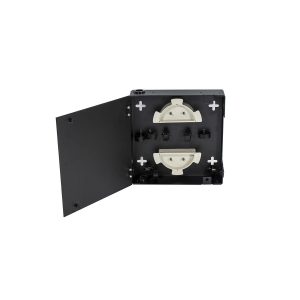
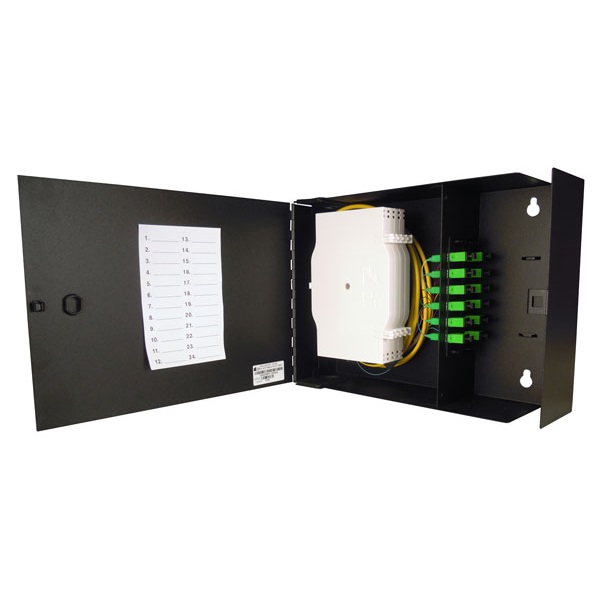
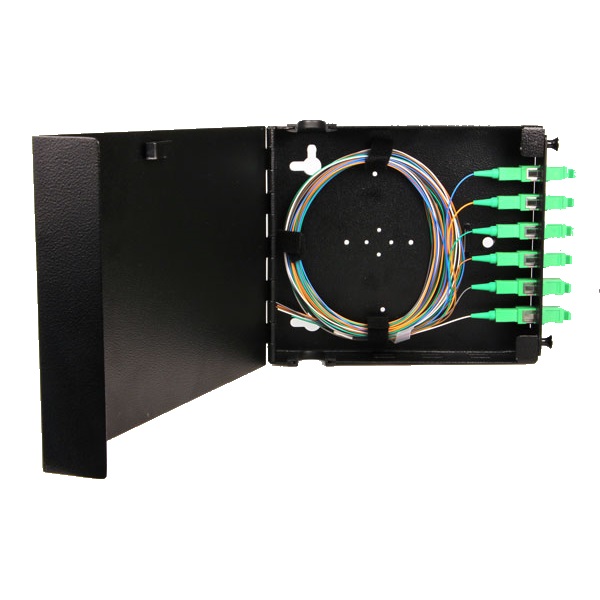
Rack Mount Enclosures
Allowing the ultimate in fiber management flexibility, rack mout enclosures protect and organize multiple fiber runs into the rack environment. Featuring 1, 2, 3, and 4 rack unit (RU) sizes, all models have a slide out master panel for easy access to terminations, fiber management and splicing.
Sizes and capacities include:
-
1RU – holds up to (3) adapter plates
-
2RU – holds up to (6) adapter plates
-
3RU – holds up to (8) adapter plates
-
4RU – holds up to (12) adapter plates
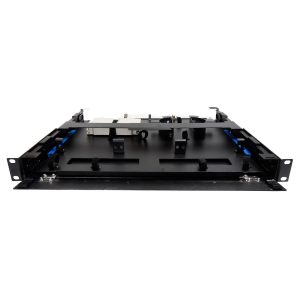
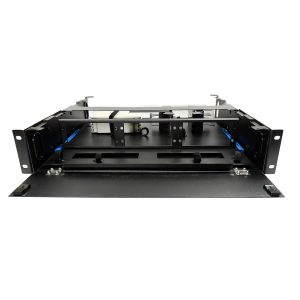
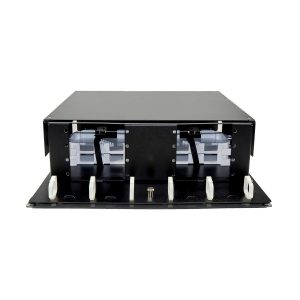
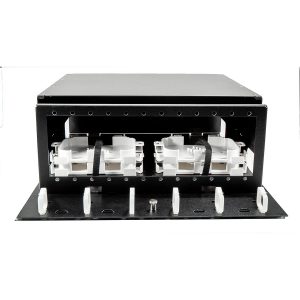
Fiber Adapter Plates
One of the key concepts of terminating the number of fiber runs is the fiber connector plate. These come in several configurations for both single mode and multi mode LC, SC, and ST connectors, in a variety of fiber counts:
